Spirituality in Bismillah Khan's music – A Divine Legacy
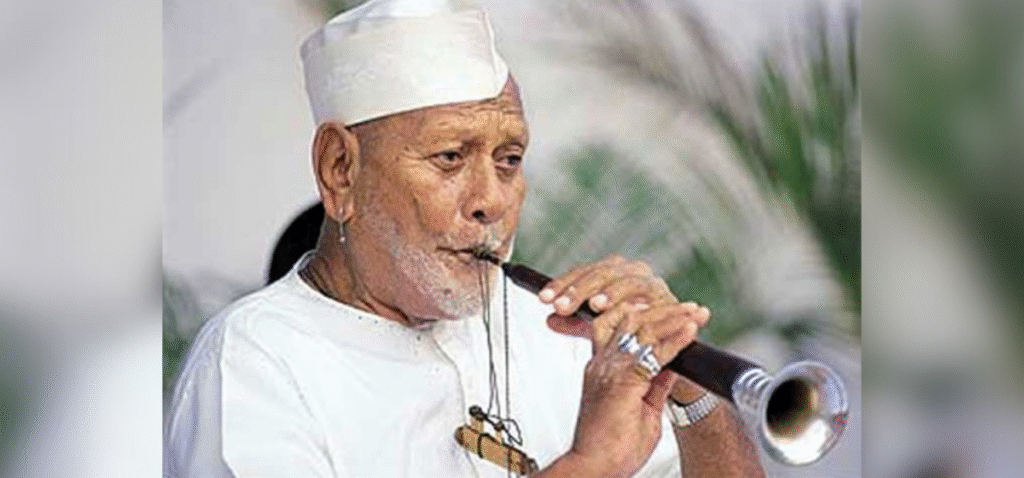
When you think of Indian classical music, certain names stand out—but few have touched the soul of a nation like Ustad Bismillah Khan, the shehnai maestro whose music became a prayer in itself. Known for his humility, devotion, and artistry, Khan didn’t just play the shehnai—he transformed it from a folk wedding instrument into a voice of the divine. His journey was not merely musical, but spiritual, carrying echoes of the Ganga, the chants of Banaras temples, and the universal longing for peace and harmony. This blog explores spirituality in Bismillah Khan’s music embodied spirituality, bridging religions, cultures, and generations, and why his melodies continue to guide seekers of art and faith a like.
Early Life: How Spirituality in Bismillah Khan’s Music Was Rooted in Faith and Devotion
Ustad Bismillah Khan was born on 21 March 1916 in Dumraon, Bihar, into a family of traditional court musicians. His father, Rasool Bux Khan, and forefathers had played shehnai in royal courts and temples. But young Khan’s destiny was different—he wasn’t just going to play the shehnai; he was going to sanctify it.
As a child, he was sent to Varanasi (Banaras), where he trained under his uncle, Ali Bux ‘Vilayatu’. The temple ghats, morning ragas, and devotional chants in the Kashi Vishwanath Temple became his classroom. His practice was more than technical—it was sadhana (spiritual discipline). By practicing at dawn by the Ganga, he aligned his breath and music with the rhythm of nature itself.
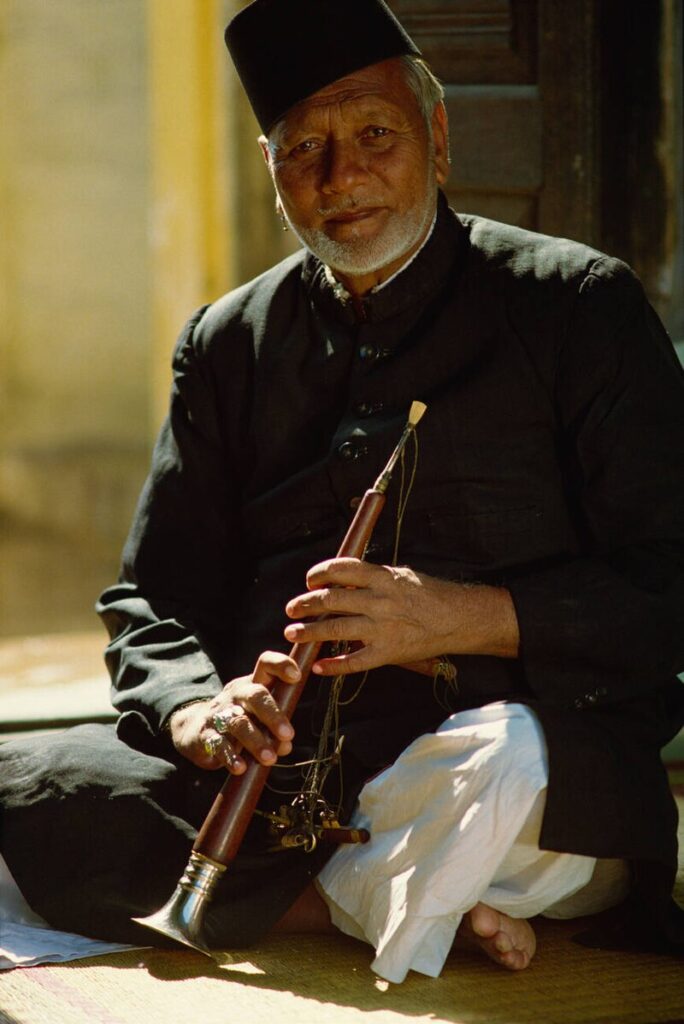
Shehnai’s Transformation: From Folk Instrument to a Sacred Voice of Spirituality
Before Khan, the shehnai was largely confined to weddings, processions, and temple ceremonies. It was considered auspicious but not a concert-stage instrument. Through years of innovation, Bismillah Khan gave it classical legitimacy, performing ragas with the precision of a vocalist.
But what made his music stand apart was its spiritual vibration. Listeners often described his performances as “a prayer without words.” Each note carried bhakti (devotion) and ishq (divine love). He once said:
“For me, music is not entertainment, it is worship.”
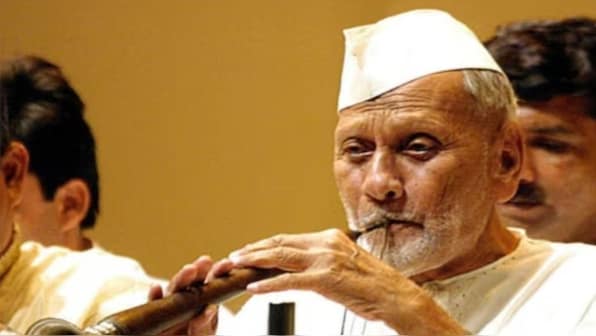
Hindu Bhajans, Muslim Devotion: The Spiritual Bridge in Bismillah Khan’s Music
One of the most remarkable aspects of Khan’s music was his ability to play Hindu bhajans and Islamic devotional tunes with equal reverence. His renditions of:
Morning ragas inspired by temple aarti chants
…were performed with the same purity of soul as his Islamic prayers.
Though a devout Muslim, he played daily at Hindu temples, showing that music transcends religion. His shehnai became a symbol of unity, echoing India’s cultural philosophy: “Vasudhaiva Kutumbakam” (the world is one family).
Banaras, the Ganga & Divine Inspiration: The Spiritual Heart of Bismillah Khan’s Music
For Bismillah Khan, Banaras wasn’t just his city—it was his muse. He once said:
“If you remove the Ganga and Banaras from my life, my music will dry up.”
Every morning, he would practice at the riverbanks of the Ganga, where the sounds of temple bells, conch shells, and chants blended with his shehnai. This connection with the environment made his ragas living, breathing prayers.
Banaras gave spirituality in Bismillah Khan’s music cosmic energy—a sense of timelessness that listeners often described as “feeling God in sound.”
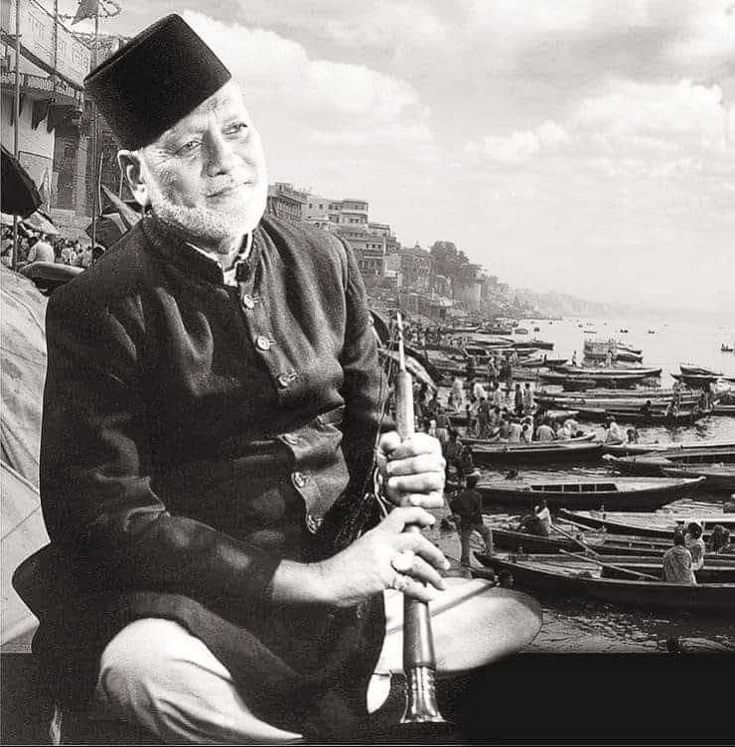
A Shehnai at Midnight: Independence Day 1947 and Its Spiritual Resonance
Perhaps the most iconic spiritual moment in his career came on 15th August 1947, when he played Raga Kafi at the Red Fort, during India’s first Independence Day celebrations.
That performance wasn’t just music—it was India breathing freedom for the first time. His shehnai became the voice of a nation’s soul, carrying both pride and prayer.
This is why his legacy is not just artistic but deeply cultural and spiritual, forever tied to India’s identity.
Humility, Simplicity & Legacy: The Spiritual Devotion Behind Bismillah Khan’s Music
Despite winning the Bharat Ratna, India’s highest civilian award, and performing worldwide, Khan lived a life of simplicity. He often refused offers to settle abroad, saying:
“I cannot leave Banaras or the Ganga. Without them, I cannot make music.”
This humility, rare in an era of fame and commercialization, made his artistry authentic. His devotion wasn’t just to the shehnai, but to the divine source of music itself.
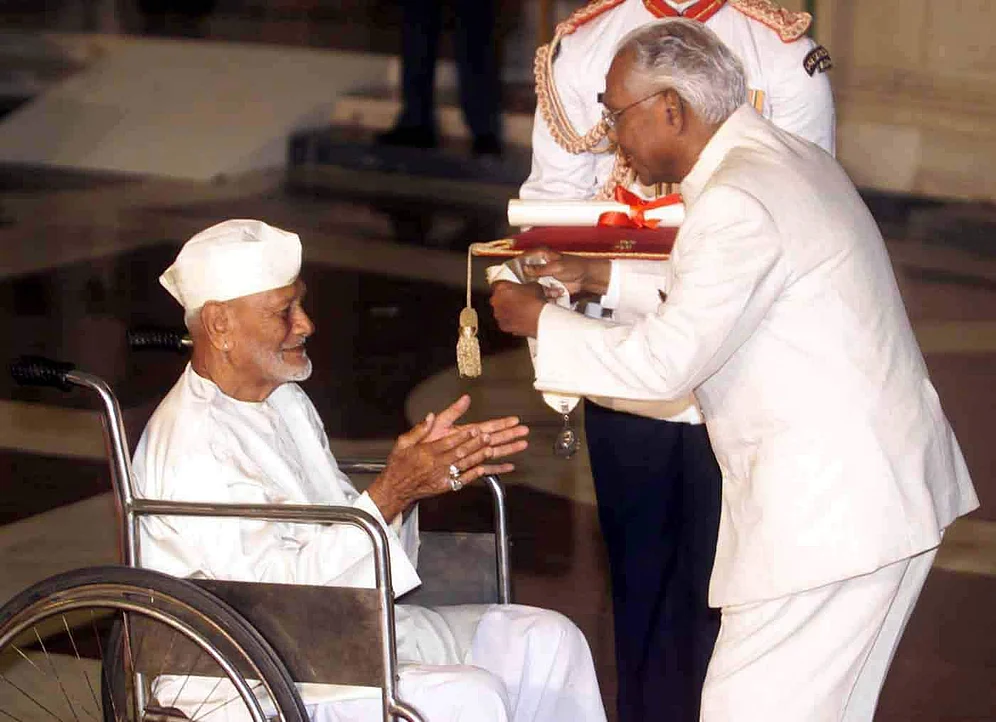
Eternal Message: Music as Prayer and the Spiritual Philosophy of Bismillah Khan
The true spiritual power of music connection in Bismillah Khan’s music lies in the way he treated every performance like a conversation with God. His legacy reminds us:
Music is not just for entertainment—it is a path to transcendence.
True art dissolves boundaries of religion, culture, and identity.
Devotion, discipline, and humility are as important as talent.
His shehnai didn’t just produce sound—it produced silence within listeners, the kind of silence that awakens the soul.
Conclusion: Carrying Forward the Mystic Harmony
At The Mystic Keys, we believe music is not just a skill, but a journey of the spirit—just as Bismillah Khan proved with his shehnai. His life teaches us that when music flows from a place of devotion, it becomes immortal.
As students, listeners, and seekers, we must remember: the greatest music is not just heard, but felt within the soul—just like the timeless shehnai of Ustad Bismillah Khan.
For more information and exciting resources about learning music, visit our website at The Mystic Keys. For more music content and exciting offers follow us on
Facebook, Instagram, YouTube, LinkedIn, Twitter, Pinterest, and Threads,







